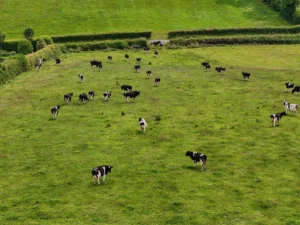
Cattle, greenhouse gases and the case for better methane metrics
Why the global warming potential of methane emissions from cattle production needs a closer look
Most of us probably don’t think about cattle very often.
We might see black-and-white cows featured prominently in farmhouse-inspired kitchens and in advertisements for chicken sandwiches or cheese. We may briefly think of cows when we pour a glass of milk or purchase steaks from the neighborhood market.
It wasn’t always this way. Just a few decades ago, many people still had close ties to agriculture or were only one or two generations away from farm life. Today, more people live in urban or suburban areas, and the number of people involved in farming has decreased significantly.
And so, cows are far from our minds.
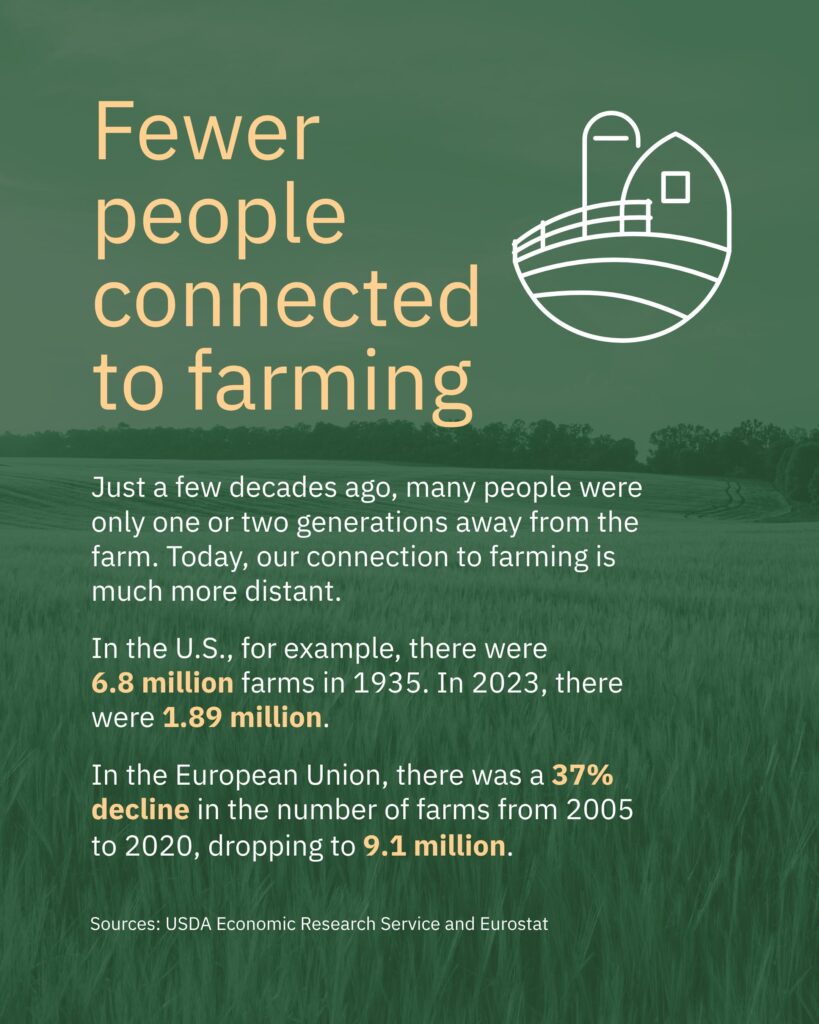
It’s a different story, though, when we talk about climate change. A quick online search will show you that cows are often one of the first things some people think about when the topics of climate change or greenhouse gas emissions arise. In both the media and in public discourse, there is a significantly widespread perception that cows are profoundly detrimental to the environment — and to our lives.
“Everything on the news, everything online tells us that cows are negatively impacting our lives,” said Michelle Michael.
Michelle and her colleague, Brandon Whitworth, are award-winning journalists who travel the world telling stories about agriculture for a global agriculture company. Together, they have visited farms in 22 countries on five different continents.
In recent years, as narrow views about cows and climate became increasingly more prevalent, Michelle and Brandon began to wonder why their experiences with food producers — and the positive impact they have on their local communities — were so different from the stories being presented in the media. They grew more determined to learn the truth behind one simple question: Would we be better off in a world without cows?

It’s a different story, though, when we talk about climate change. A quick online search will show you that cows are often one of the first things some people think about when the topics of climate change or greenhouse gas emissions arise.
In both the media and in public discourse, there is a significantly widespread perception that cows are profoundly detrimental to the environment — and to our lives.
“Everything on the news, everything online tells us that cows are negatively impacting our lives,” said Michelle Michael.
Michelle and her colleague, Brandon Whitworth, are filmmakers who travel the world telling stories about agriculture. Together, they have visited farms in 22 countries on five different continents.
In recent years, as narrow views about cows and climate became increasingly more prevalent, Michelle and Brandon began to wonder why their experiences with food producers — and the positive impact they have on their local communities — were so different from the stories begin presented in the media. They grew more determined to learn the truth behind one simple question: Would we be better off in a world without cows?
Because they work in agriculture, Michelle and Brandon had unique access to farmers, ranchers, food producers, scientists and experts in all kinds of other fields around the world. So, when the idea came up to explore the true impact of cows on our world, Michelle and Brandon decided to ask the experts.
“We talked to literally dozens and dozens of people around the world — various experts in a number of different fields,” Brandon said. “And we posed the question: What does a world without cows look like?”
And that’s how their feature-length documentary, World Without Cows, was born.
This documentary takes viewers on a global adventure to examine the cultural and economic significance of cows, their role in feeding the world and their impact on climate. The film is a science-led discussion that explores people’s profound dependence on cattle in many regions of the world, as well as the topics of nutrition security, alternative proteins, land usage, soil health and carbon sequestration — and more.
“This isn’t just an opinion-based conversation where people are yelling their own thoughts and opinions at you,” Brandon said. “These are doctors, Ph.D.s, farmers, ranchers, people who have firsthand experience and education in all these areas. It’s facts. It’s science.”
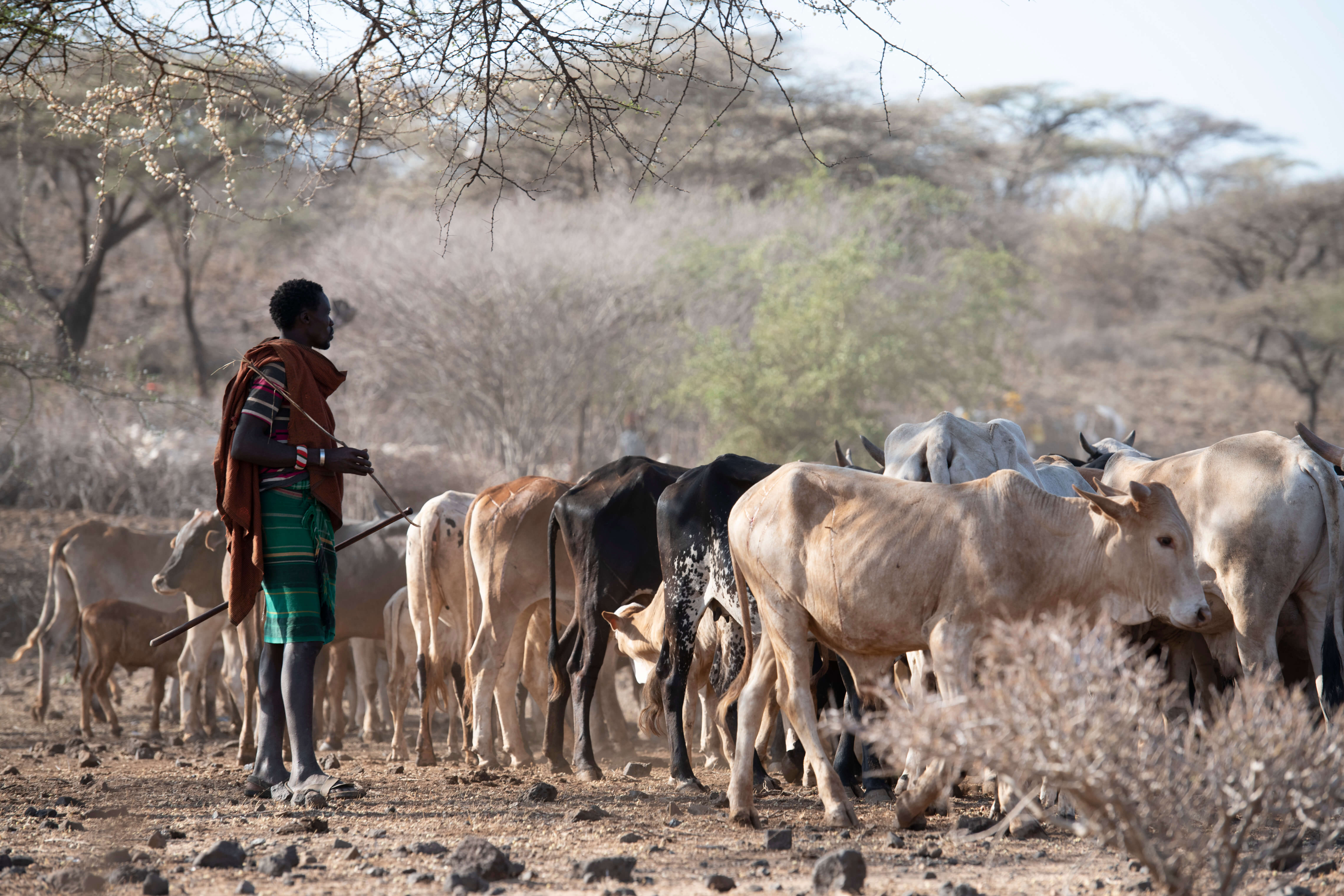
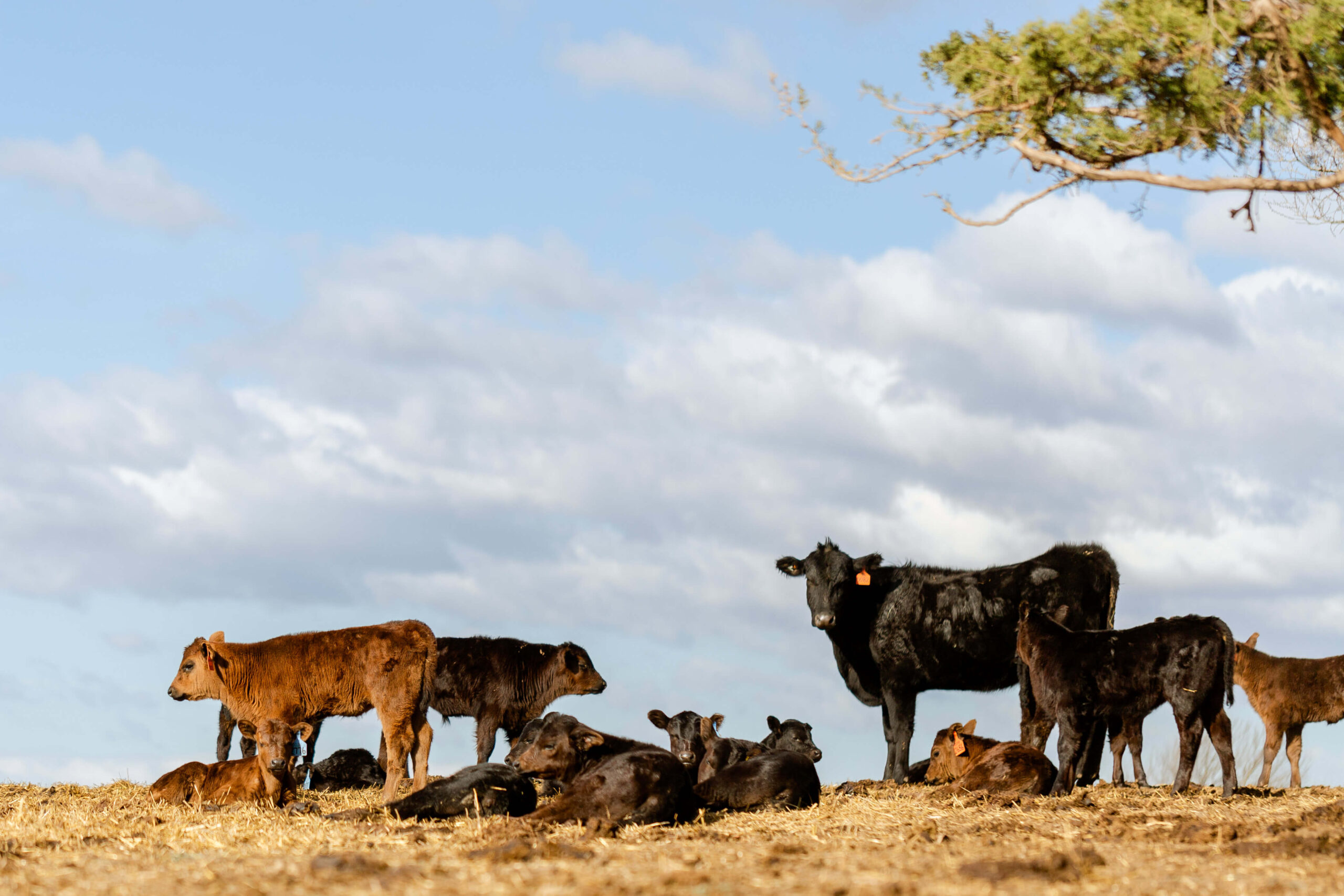
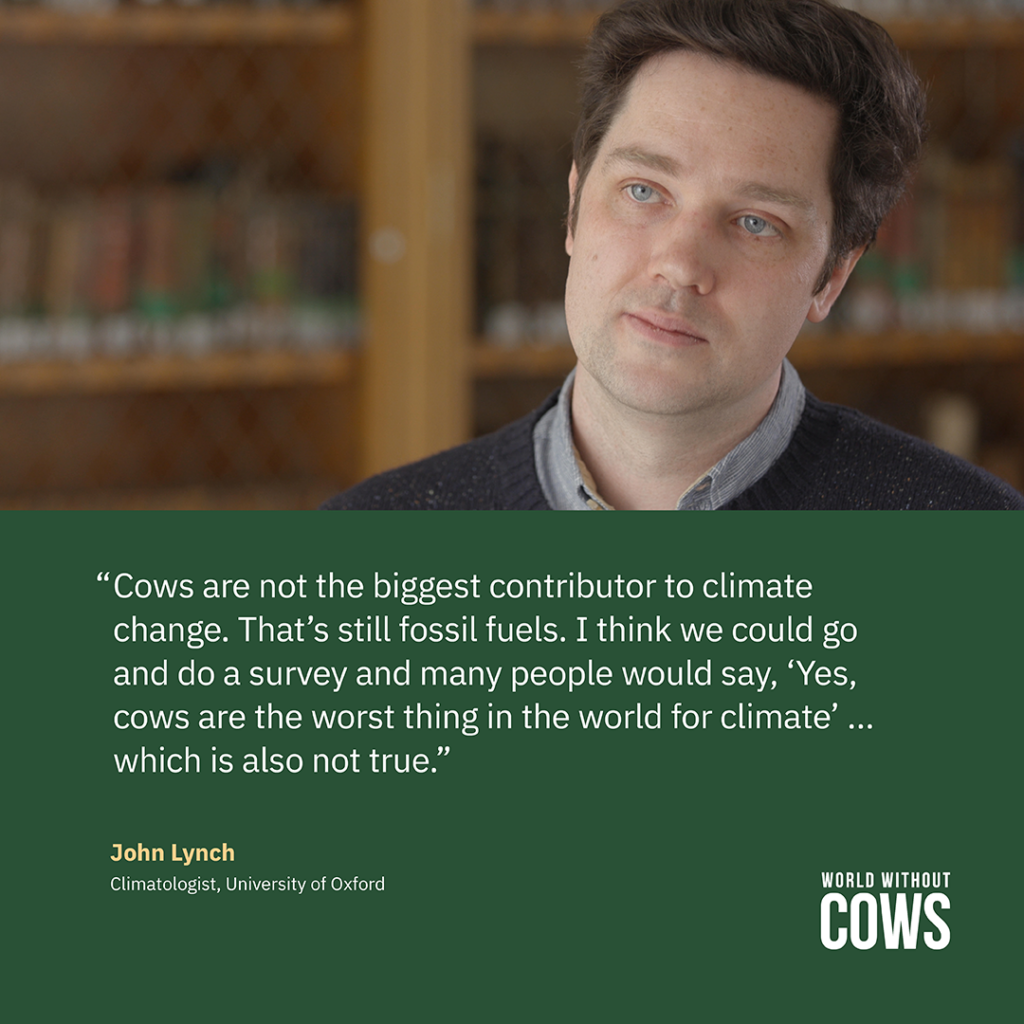
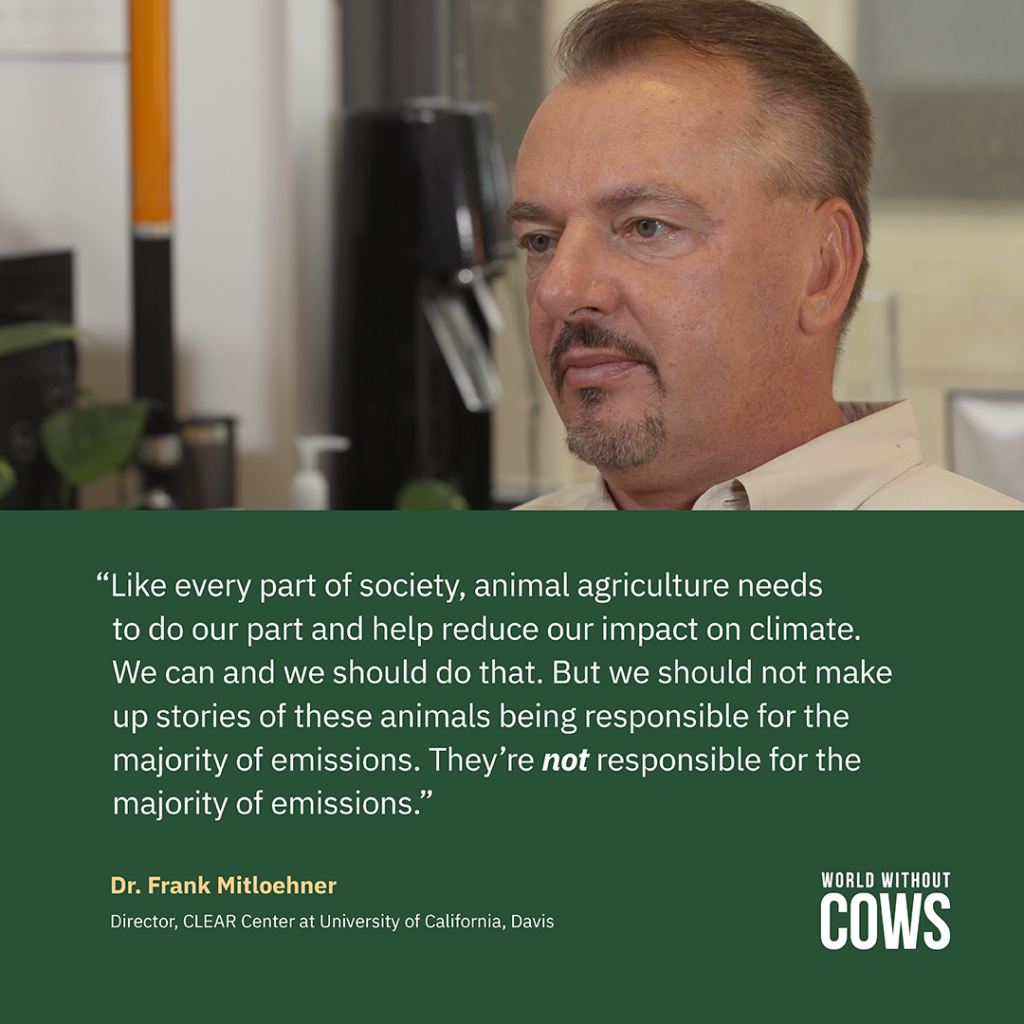
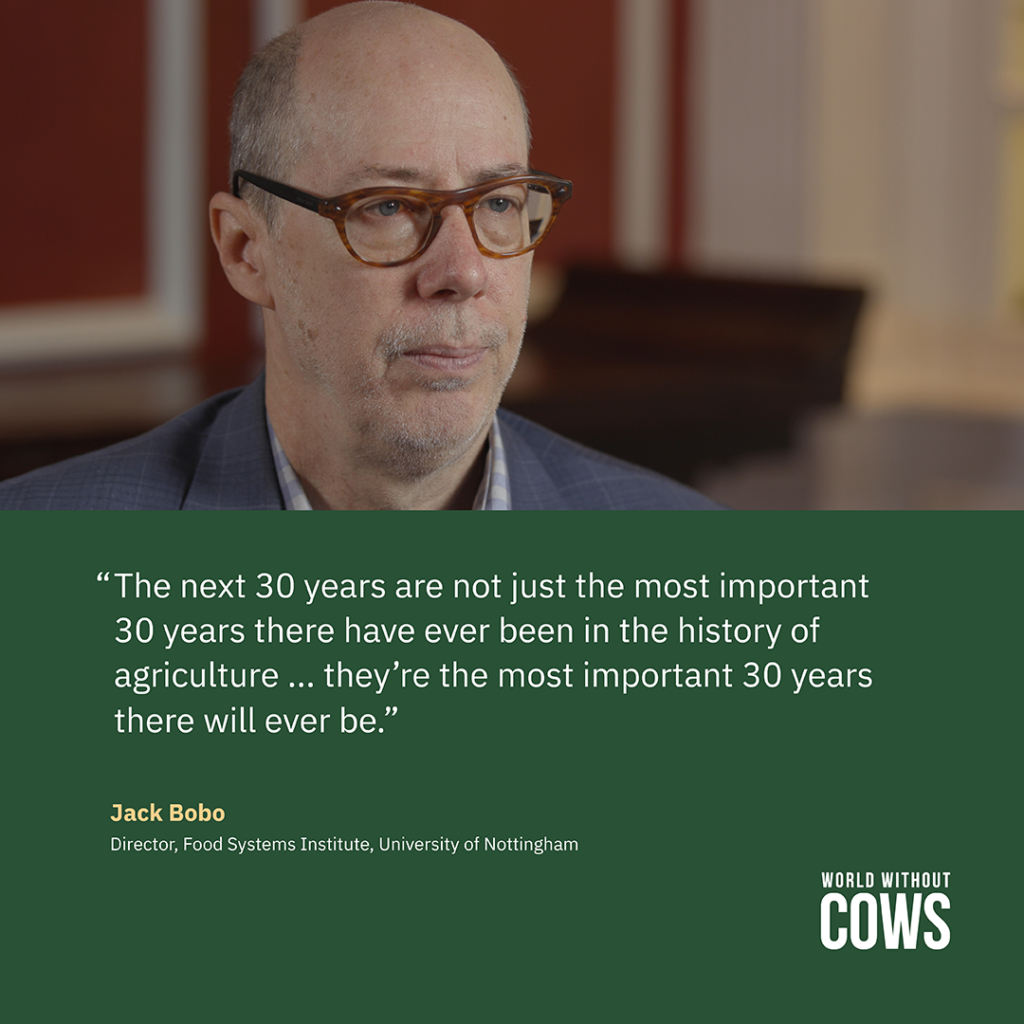
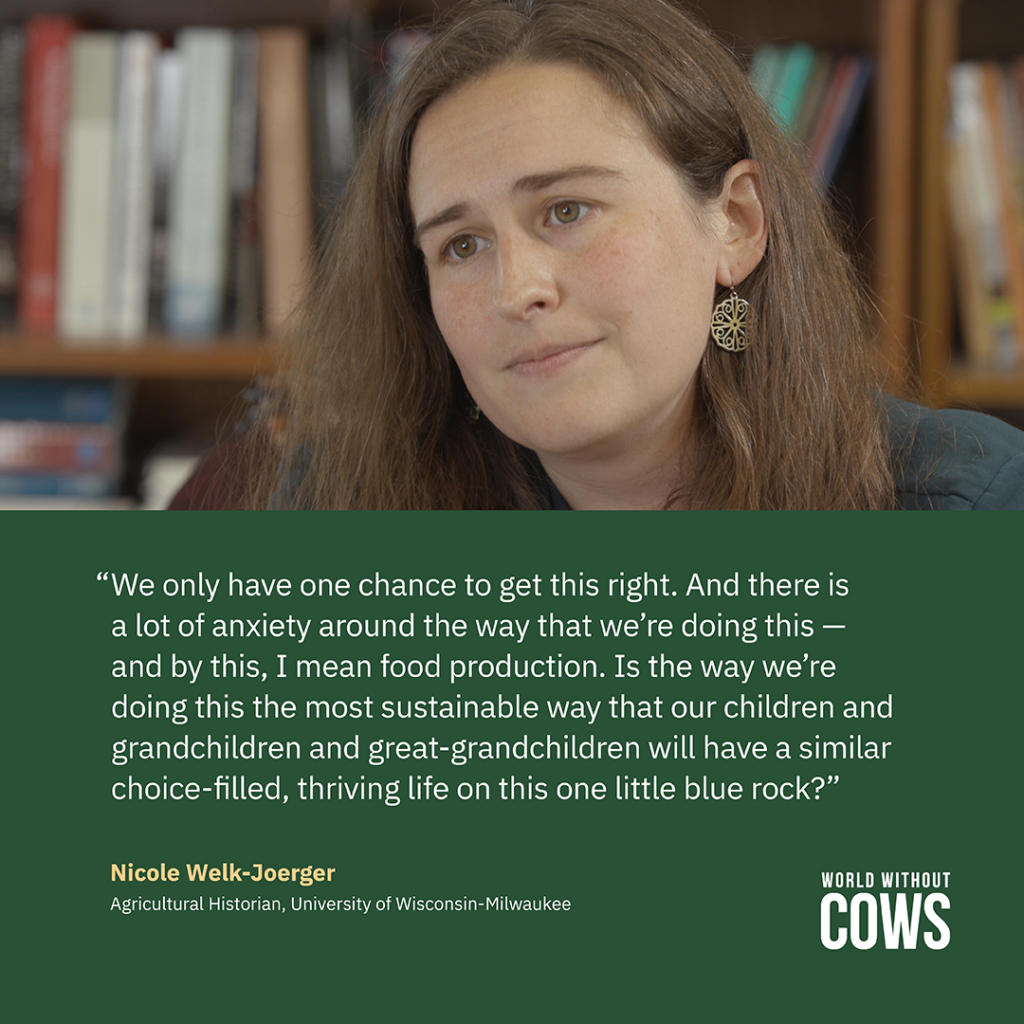




Through these interviews, Michelle and Brandon hope to start an important conversation about the role of cattle in our world, and perhaps encourage viewers to pause and wonder, “Maybe there is more to this story.”
“The goal of this production is to start those conversations because ultimately, that’s how we make a difference,” Brandon said. “I think people are sick and tired of people screaming at each other from opposite sides. How do we bring people together, and how do we have meaningful conversations to ultimately create the change that is needed?”
Numerous documentaries about food and climate have been made. World Without Cows, however, offers another side of the story, one that isn’t often told — or told well. Farmers and ranchers are eager to share their stories, but in many cases, they don’t know how.
“For decades, agriculture has done a pretty terrible job of telling its own story,” Brandon said. “The problem there is, when you don’t tell your own story, you allow someone else to tell your story. And when they start telling your story, they have their own biases, their perceptions, their own agendas.”
“They fill in the blanks wherever they want to,” Michelle added, “and then their perception basically becomes reality to them.”
World Without Cows gives a voice to a diverse group of experts who examine the issue through a scientific lens — and from multiple angles. Yes, emissions from cows have a significant impact on the environment. But what do cows contribute to the ecosystem? How does having cows grazing on the land affect that land’s carbon uptake? Could we grow enough crops to adequately nourish the world without meat and dairy? What is the difference between methane emissions from cows and other greenhouse gases?
The goal of this documentary is not for viewers to cement an opinion by the time the end credits roll, but instead, World Without Cows aims to encourage viewers to think more deeply about how cattle impact our world — as well as how agriculture can help combat climate change — and to start talking about these issues. Through film festivals, screenings, panel discussions and other events, we are creating space for these important conversations to take place.
World Without Cows will inspire and empower people to continue the critical conversations that begin on screen — and to build connections with unlikely allies in the process.
Click here to sign up to receive updates about the film, and visit our screenings page to discover opportunities to view World Without Cows. To request a screening, click here.
Filmmakers Michelle Michael and Brandon Whitworth share a behind-the-scenes look at the making of our upcoming documentary

Why the global warming potential of methane emissions from cattle production needs a closer look
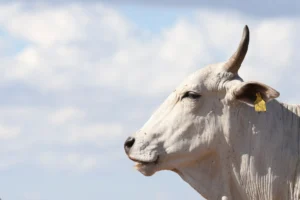
At COP30, the world’s eyes are on Brazil, and the cattle ranchers leading a global transformation.
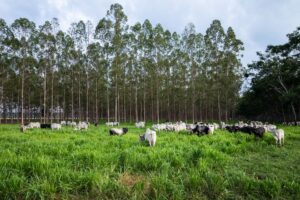
Restoring 40 million hectares of pasture could feed billions and ease pressure on the Amazon. Is the world paying attention?
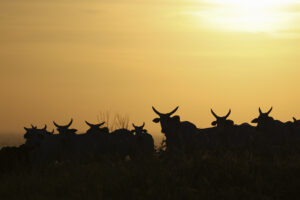
New mini-doc explores deforestation, food security and the Brazilian cattle sector’s path to a more sustainable future
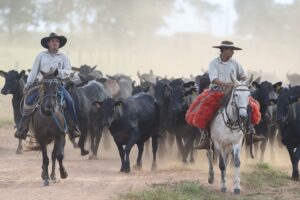
Mention Brazilian beef, and you’re likely to spark discussion about familiar themes: deforestation, emissions and blame. What do we find when we dig deeper? Here are the answers to five top questions about Brazil’s role in protecting the Amazon and feeding the world.
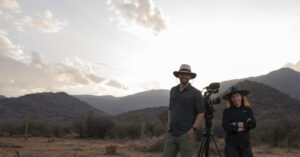
From science to the big screen: Discover how a single question grew into a global journey.
As climate change intensifies and the world’s population continues to grow, the pressure on our global food production system mounts. You can play an active role in shaping a more sustainable planet for future generations. Fill out the form below to learn more about how you can partner with us.
Receive notifications about the release date, new online content and how you can get involved